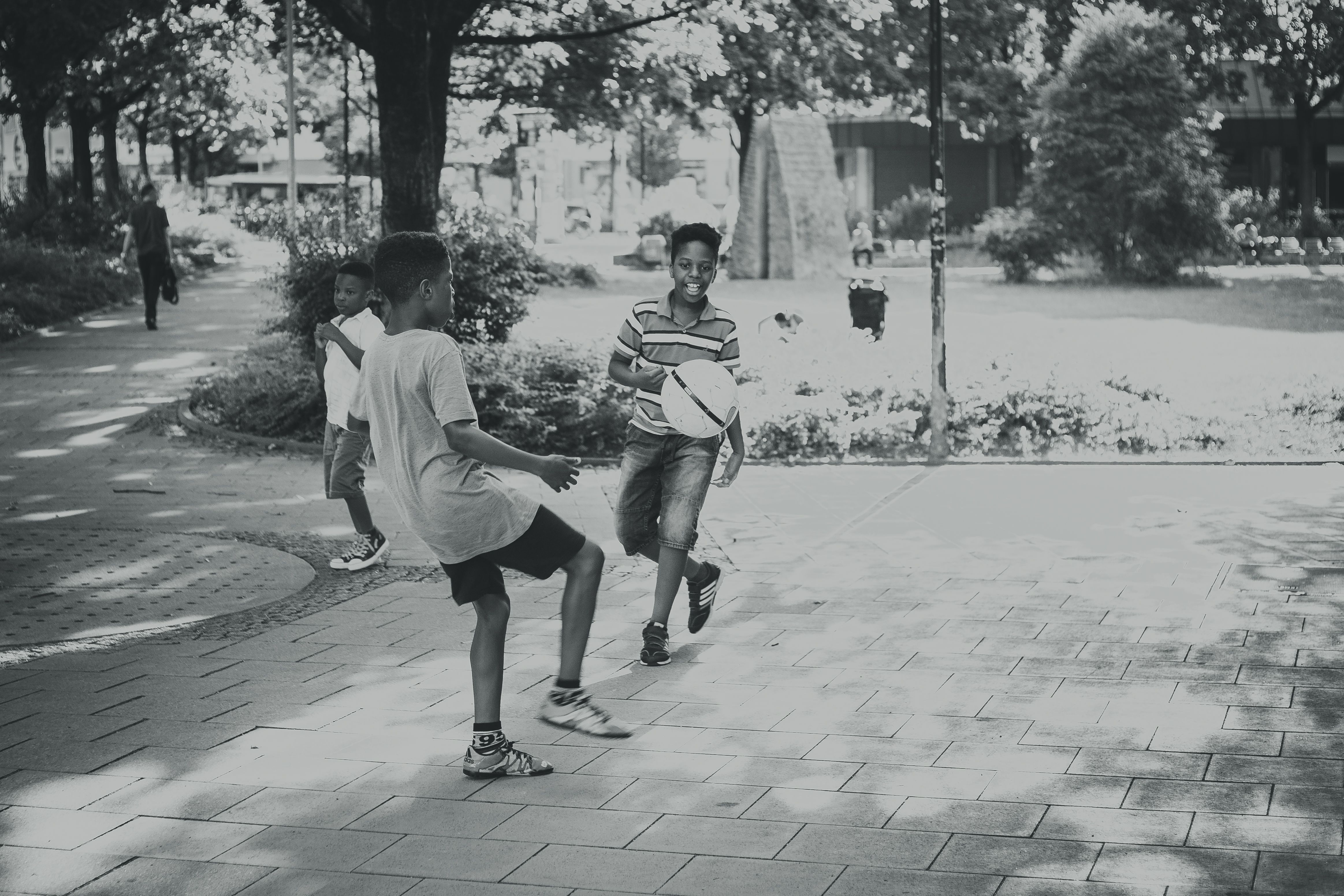
There are few things more difficult than trying to find peace after experiencing violence at the hands of someone you love and care for. Though we as survivors know that simply trying to reground ourselves and move forward can cause a huge amount of stress, those who don’t share the same experiences often lack the insight to understand why survivors experience this stress, and how to support them through it. Through unintentionally this misunderstanding can lead to further harm and even invalidation. If you’ve ever tried to share your story with someone and they’ve brushed you off, insisted you were exaggerating, or otherwise invalidated you, then this article is for you.
Though it can feel like an attack when someone diminished our experiences, it’s important to understand that people often aren’t trying to invalidate you – they just haven’t been given the tools and information to know how to support you. Perhaps a key part of this problem is that many of us are introduced to intimate partner violence through pop culture. We see and hear about victims and survivors of intimate partner violence in movies, shows, music, and more. It’s well known that these depictions tend to be inaccurate, and that’s partly by design.
When people engage with media, it’s often because they want to feel something. Whether it’s happiness, sadness, fulfillment, a sense of justice or anything else, the unfortunate reality is that this can lead to unrealistic depictions of abuse. Stories of abuse are often framed as tragic and dramatic while stories of overcoming abuse are inspirational and uplifting. Of course, all of this is intentional. When we see abusers in show and movies, it’s only natural to want them to face consequences for their actions. In the same way, when we see victims, we want to see them overcome the abuse they face. The people who make the media we consume are more than aware of this, and so these are the stories they choose to tell.
Seeing someone overcome abuse is powerful The power to walk away and heal truly can be inspiring and enlightening for all sorts of audiences, even when it’s just portrayed in a story. But the unfortunate reality is that these depictions often oversimplify what it means to be a survivor. The aftermath of abuse, especially in the weeks, months, or years following, is rarely shown. Escaping an abusive relationship is seen as the sort of “climax” of a survivor’s story. Once they’ve escaped, the survivor is able to return to business as usual, almost as if the abuse had never occurred in the first place.
While this may create a satisfying narrative, it also leads people who haven’t experienced abuse firsthand to lack the necessary understanding about what survivorship looks like. Of course depictions of abuse in stories aren’t the only reason survivors experience invalidation. Personal bias, ideas about gender, and hundreds of other factors influence the way survivors of abuse are treated by those with different experiences. But one of the most important things you can realize is that the invalidation you experience is not your fault, and is often not intentionally harmful.
Even so, when survivors reach out to family, friends, and other parts of their community are met with reactions that minimize or deny their pain, a great amount of harm can occur. Invalidation is painful. Living through abuse and suffering trauma following these experiences is already immensely difficult, and having someone deny your lived experiences is very much a trauma in itself. Though in a perfect world, this invalidation would never occur, that’s unfortunately not yet the world we live in. But one thing that those who don’t entirely understand your experiences can never take away from you is the power to believe in yourself.
When people minimize our experiences, it’s easy for us to begin to question our feelings, thoughts, and emotions. We may begin to wonder if it was really as bad as we felt it was, or if it even happened in the first place. This can cause an even greater amount of stress as the survivor may feel confused, or even as if they are losing their grasp on reality.
While in a perfect world those who invalidate survivors would educate themselves and learn to change those behaviors, this is not yet the world we live in. For some survivors, invalidation is an inescapable reality, but that doesn’t mean that survivors have to lost control of their narrative.
You have lived through abuse. You know your own experiences, your thoughts, your emotions better than anyone can. And so there is a tremendous amount of power in believing yourself. Reminding yourself of this can help you to validate yourself. Journaling, talking with other survivors, even simply reflecting on your lived experiences, are ways that you can find this affirmation. As a survivor, you have overcome great struggles. Though we live in a culture that often fails to support you, there are people and networks that will help you to heal. But know that you can also find this ability within yourself. And the first step to healing is believing yourself.







